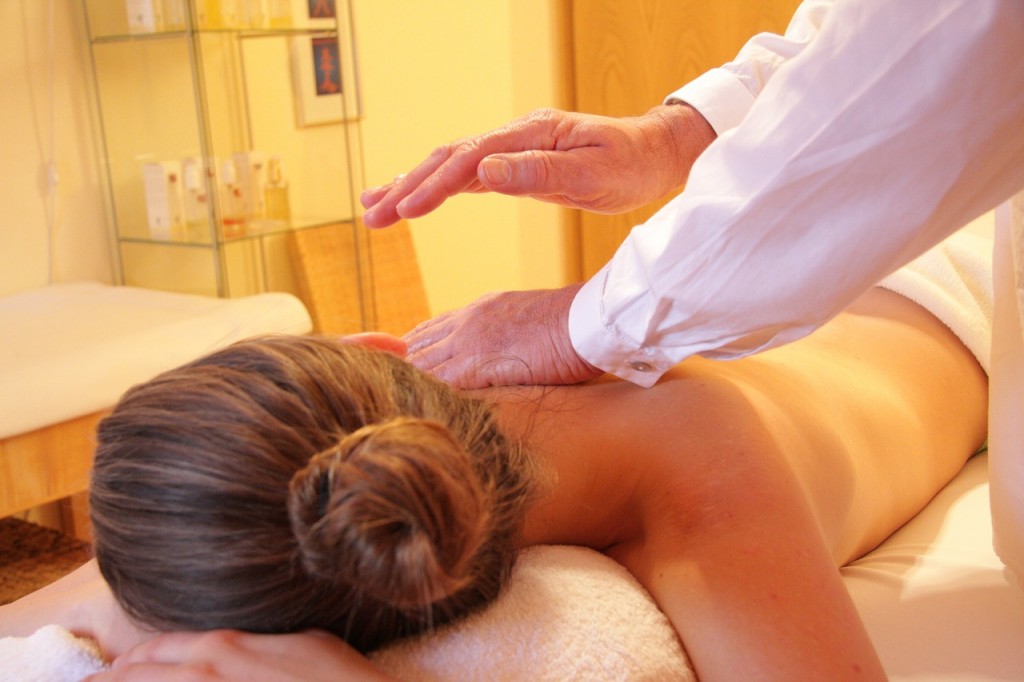
For years, modern society eschewed natural remedies for Western medicine. People were more apt to pop pills for every ache, pain and bad day. These days, a growing number of people are embracing the benefits of holistic health methods and ancient medicine. The result? Practitioners who can treat the mind, body and spirit are in high demand. But what exactly is a holistic health practitioner?
Holistic health practitioners don’t use tunnel vision to diagnose a problem. They analyze a person’s entire situation, from emotional health to lifestyle choices, to determine the best course of action.
From acupuncturists to yoga instructors, there isn’t just one type of holistic health practitioner. Instead, most focus on a specific area of natural health. They use different tools and methods to treat their clients, but their overall philosophy is the same. For instance, an acupuncturist uses tiny needles to rebalance a person’s energy, or Qi, whereas an herbalist creates healing recipes to combat illnesses. Their treatments differ, but the goal is the same: To assist a person’s healing and to help them reach optimal health.
Other types of holistic health practitioners include:
- Massage therapist
- Chiropractor
- Midwife
- Naturopathic doctor
- Physical therapist
- Nutritionist
- Hellerwork therapist
Holistic Health on the Rise
If there’s any doubt about the growing acceptance of alternative medicine, the proof is in the numbers.
According to the National Center for Complementary and Integrative Health’s 2012 survey, more than 33 percent of adults in the U.S. use complementary health approaches, such as yoga, chiropractic, meditation and massage therapy. Even kids are getting in on the action; yoga has increased in popularity among kids in the U.S.
Meanwhile in the U.K., herbal medicine is one of the most popular methods of holistic healing with aromatherapy, homeopathy, massage and reflexology following behind.
The increased interest spells big business for holistic health practitioners, whether they work in their own practice or as part of a larger facility.
More than Medicine
Holistic health practitioners offer their clients more than just alternative medicine treatments. They provide support, encouragement and love. Their role goes beyond just determining what type of illness or problem a person is suffering from. A holistic health practitioner needs to have a deep understanding of each person they see. Being aware of a patient or clien’s needs, obstacles, strengths and weaknesses helps a holistic health practitioner do their job well.
Practitioners strive to give their clients autonomy while also teaching them by example. By promoting a sense of positivity and hope, practitioners demonstrate how to cope with negative emotions and how to address them in a healthy way.
Other Holistic Health Paths
Holistic health practitioners aren’t just massage therapists, acupuncturists or yoga teachers. In fact, there’s a wide range of health experts who practice holistic or alternative medicine.
Personal fitness trainers often use a holistic approach in their job. With the belief (and science to back it up) that exercise combats physical illness, leads to a quieter mind and happier spirit, personal trainers can help others gain physical and mental strength.
Estheticians who use a holistic approach provide skin care treatments that are natural and non-invasive. They believe many factors to contribute to healthy skin, including lifestyle and a person’s well-being.
Holistic nursing is a growing specialization that embraces overall wellbeing. Many nurses still work in traditional hospitals or medical settings, but they’re able to incorporate their holistic philosophy into the practice. Nurses work so closely with patients so a holistic approach is only fitting. Nurses have intimate knowledge of a patient’s emotional state, cultural background and physical struggles. Taking all of these factors into consideration allows a nurse to provide the best treatment possible.
The principles of holistic health certainly aren’t a mystery to those who have studied the ancient practices, but as the rest of the world realizes the benefits, there are great opportunities for practitioners to thrive in a number of medical settings.
The world will continue to move fast and people will feel stress, but holistic health practices offer much-needed balance. As more people experiment with alternative medicine, practitioners can guide them in the right direction.

Leave a Reply